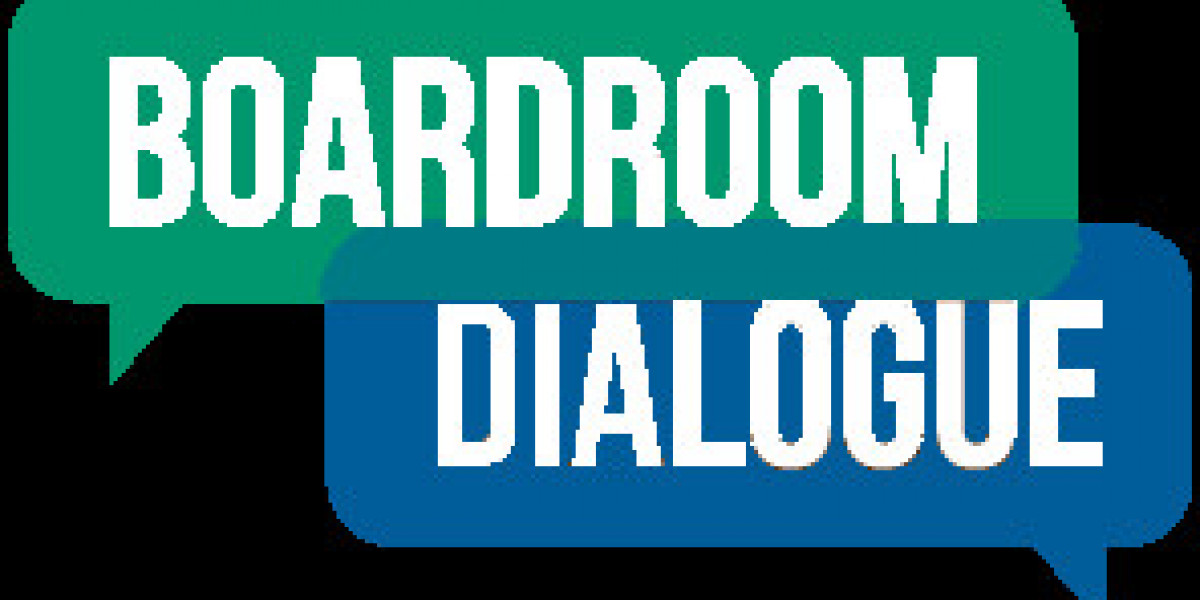When you think about the role of a board, words like “strategy,” “governance,” and “leadership” probably come to mind. Yet, one critical element often sits quietly in the background: the board’s own effectiveness. A high-performing board can elevate a company, while a board that fails to reflect on its performance risks holding the organization back. That’s where board effectiveness reviews come in.
These reviews aren’t just a compliance exercise. Done well, they are a mirror that shows a board where it is strong, where it struggles, and how it can better serve the organization’s mission.
What Exactly Is a Board Effectiveness Review?
A board effectiveness review is a structured process that examines how a board operates, collaborates, and fulfills its responsibilities. It looks at areas such as:
Clarity of roles and responsibilities
Decision-making processes
Communication and trust within the board
The balance of skills and perspectives
Alignment with the organization’s long-term goals
Think of it as a performance review—but for the entire boardroom. The aim is not to point fingers but to identify ways to improve governance, strengthen oversight, and support sustainable growth.
Why Boards Need More Than Good Intentions
Boards are made up of smart, capable people, but even the best teams can fall into unproductive habits. Meetings might become too focused on short-term issues. Critical voices may get drowned out. Diversity of thought might be lacking.
Without regular reviews, these issues can become ingrained. A board effectiveness review acts as a reset button, reminding directors of their collective responsibilities and helping them realign with the company’s vision.
For remote-first organizations or startups with distributed teams, this becomes even more vital. Just as remote teams need regular check-ins to stay aligned, boards—especially those supporting fast-growing businesses—need structured reflection to ensure they’re providing the right guidance at the right time.
How Reviews Strengthen Board Culture
Beyond governance, reviews have a cultural impact. They open up conversations that might otherwise stay buried, such as:
Are all voices being heard during discussions?
Do we dedicate enough time to long-term strategy?
Are we holding ourselves accountable to the same standards we expect from management?
By tackling these questions, boards build stronger trust and accountability. That cultural shift often translates into better decision-making and healthier organizational leadership overall.
The Role of Succession Boardroom
At Succession Boardroom, we work with organizations to design and deliver board effectiveness reviews that are tailored, constructive, and focused on lasting improvement. Instead of offering generic templates, our process takes into account the unique context of each board—its goals, its dynamics, and its challenges.
We believe reviews should be practical, not performative. That means offering clear recommendations that boards can actually act on, rather than leaving them with a long checklist that gathers dust. The goal is simple: to help boards unlock their full potential so they can better guide the organizations they serve.
For more on our approach, you can visit Succession Boardroom.
What Makes a Review Effective
Not all reviews are created equal. The most effective ones share a few characteristics:
Independence – An external perspective brings objectivity and helps surface issues that might be hard to see from the inside.
Confidentiality – Directors need to feel safe giving honest feedback.
Actionable outcomes – Reviews should lead to practical steps, not vague observations.
Follow-through – A review is only valuable if boards commit to acting on the findings.
When these elements are in place, a review shifts from being a one-off event to a meaningful part of a board’s ongoing development.
A Tool for Future-Ready Boards
Today’s business environment is more complex than ever—remote teams, global operations, shifting market conditions, and rapid technological change are all part of the landscape. Boards that rely solely on their past success risk falling behind.
Board effectiveness reviews give boards the tools to adapt, self-correct, and continue leading with clarity. They provide the honest feedback that keeps governance sharp and decision-making resilient.
Moving Forward
If you’re a project manager, HR professional, or founder, you already know the importance of continuous improvement for your teams. Boards need that same mindset. Effectiveness reviews aren’t about criticism; they’re about growth. They help boards become stronger partners to leadership and better stewards of organizational success.
A board that invests in reviewing its own performance demonstrates humility, responsibility, and foresight—the very qualities it seeks to instill across the organization.
For a practical overview of how board effectiveness reviews are approached globally, you may find the UK’s Financial Reporting Council guidance useful: FRC Guidance on Board Effectiveness.














